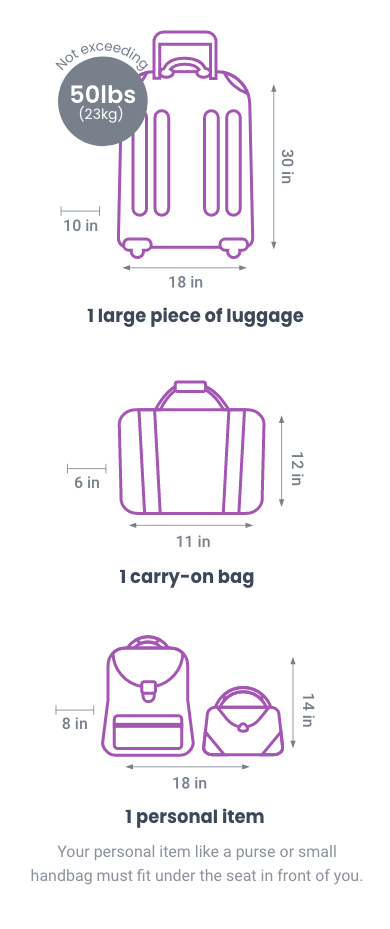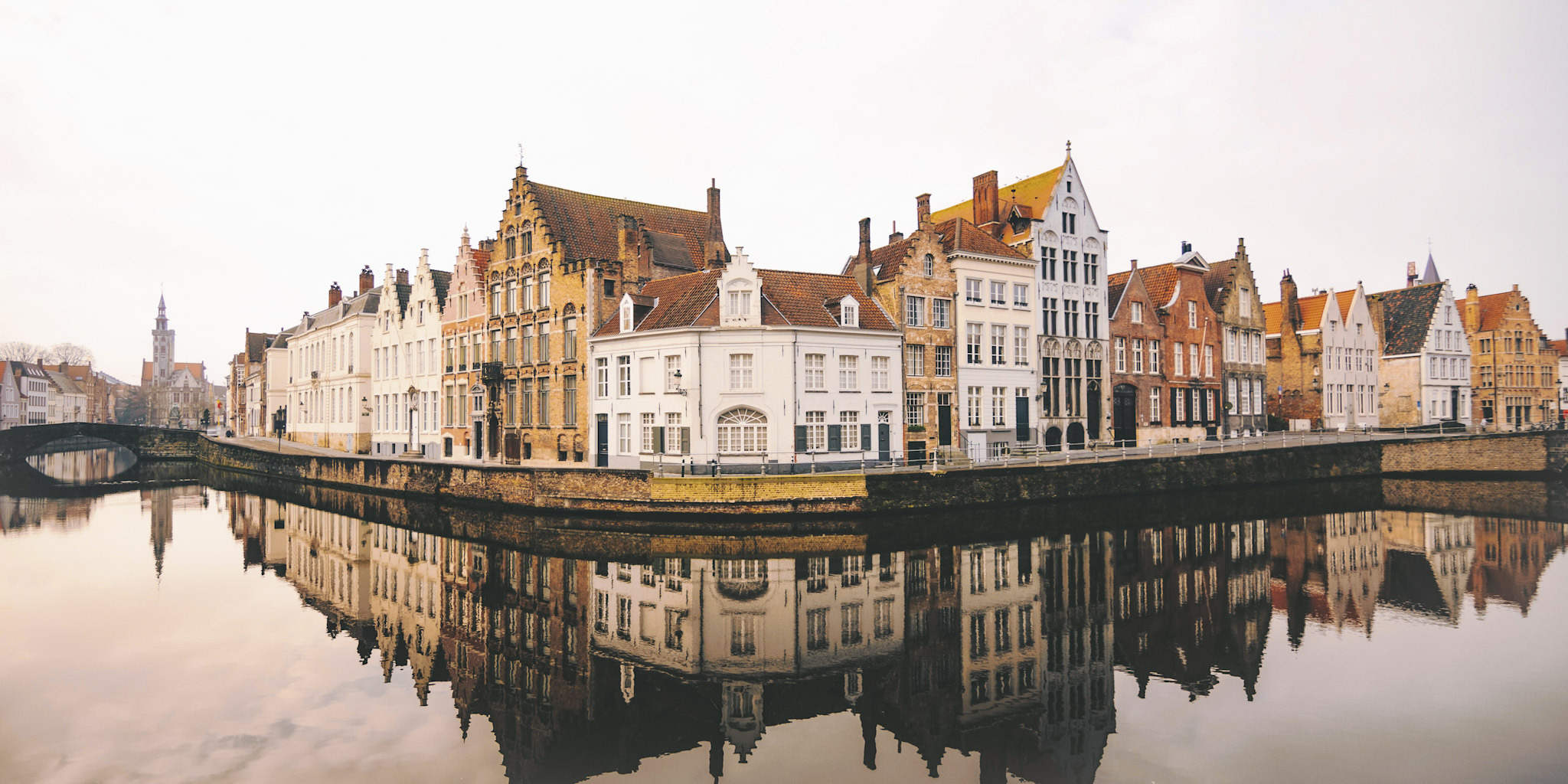About Belgium
Overview
Belgium was declared a separate nation after being granted independence from the Netherlands in 1831. One of the smallest countries in Europe, Belgium, has a total landmass of 11,849 sq. miles. Bordered by Germany, the Netherlands, Luxembourg, and France, Belgium is famous for its medieval towns, its ancient architecture, its beer, and its delicious chocolate. Belgium’s western border on the North Sea consists of 42 miles of soft sandy coastline, popular resorts, pristine beaches, and scenic coastal towns. Here visitors and locals alike enjoy a wide variety of sports and recreational facilities and due to the iodine and salt content in the air, beachgoers acquire a healthy tan.
Disclaimer: Space is a precious commodity in Europe, especially in its most dense cities, be prepared for smaller hotel rooms. The same goes for bathrooms and elevators, don’t be surprised if they feel cozier than those in the US.
Capital City: Brussels
Population: 11,535,000 (2022 est.)
Currency: Euro (€)
Emergency Number: 112
Outlet: Type C/E
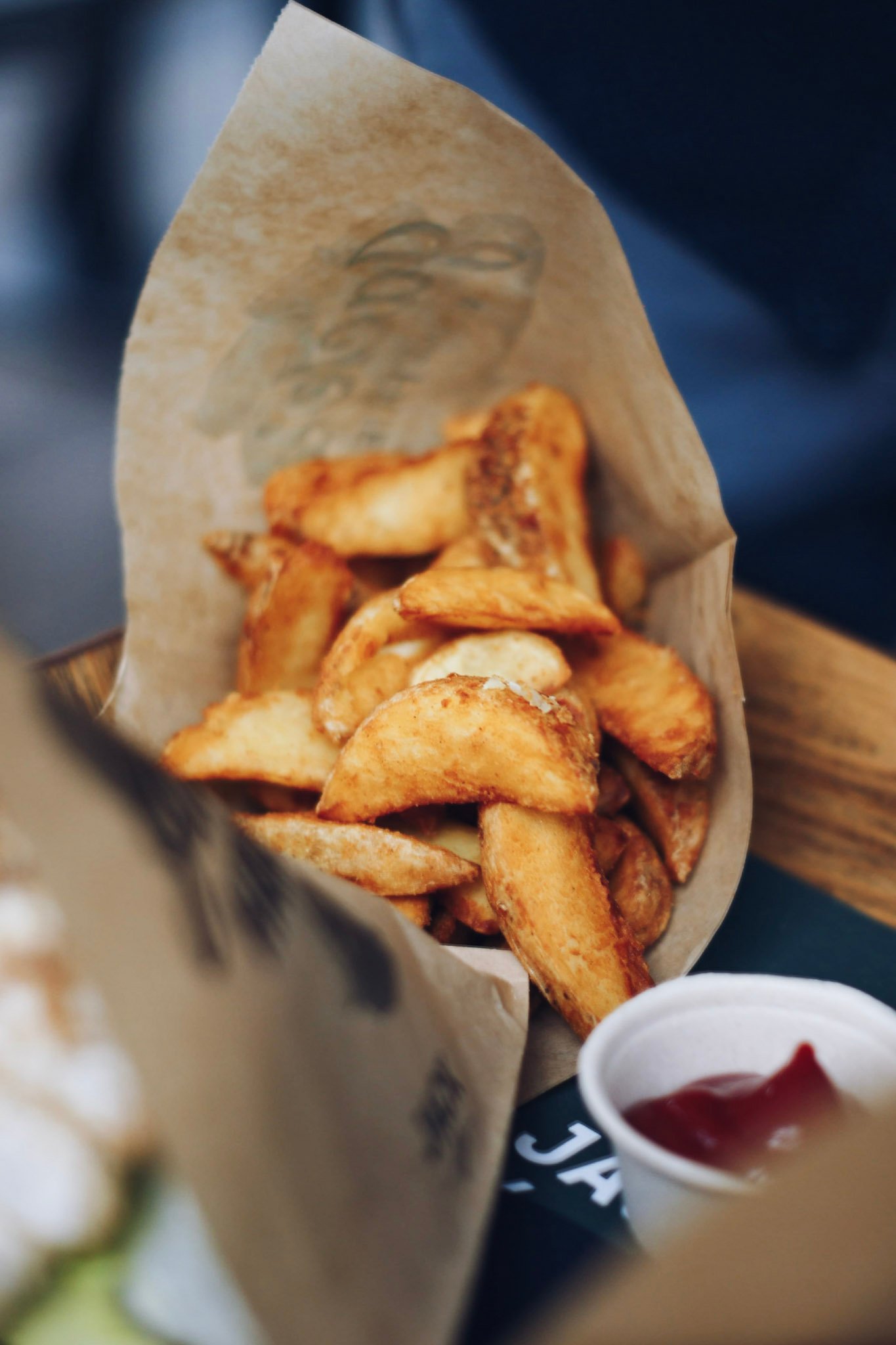
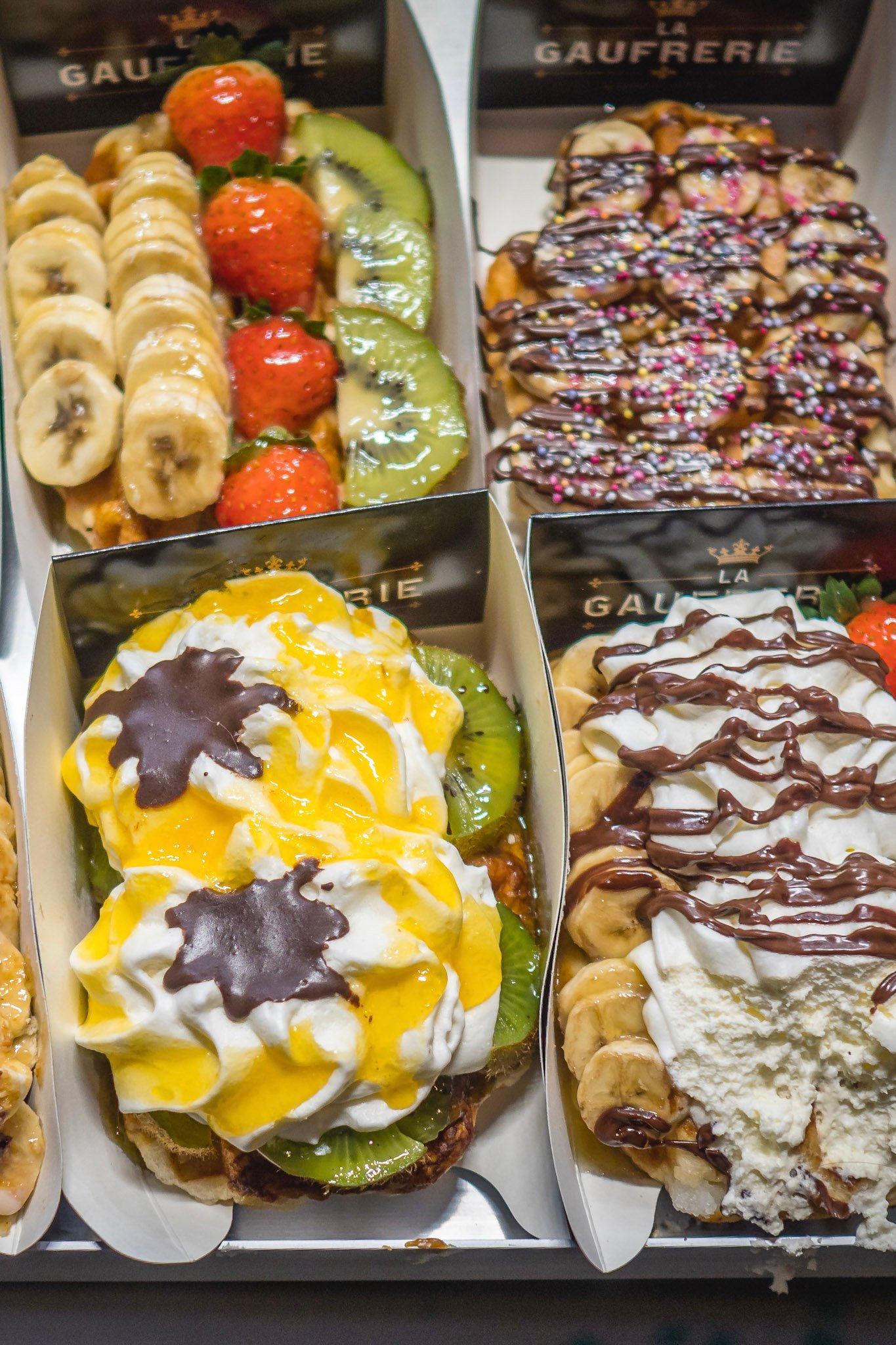
Packing List
Speak the Language
Language: The primary language in Belgium is Dutch, spoken by approximately 60% of the population. The country has distinctive regions including Dutch-speaking Flanders to the north, French-speaking Wallonia to the south and a German-speaking community to the east.
Dutch:
- Hello - Hallo
- Goodbye - Tot Ziens
- Thank you - Dank je
- Do you speak English? - spreekt u Engels
- How are you? - Hoe is hey met je
- I’m fine, thank you - Alles goed, bedankt
- What’s your name? - Wat is je naam?
- My name is… - Mijn naam is
- Where is... - Waar is...
- The bathroom - de badkamer
- An ATM - been pinautomaat
French:
- Good morning - Bonjour
- Good afternoon - Bon apres midi
- Good night - Bon nuit
- Goodbye (to a person leaving) - Au revoir
- See you soon - A bientot
- Thank you - Merci
- How are you? - Ca va?
- I’m fine - Ca va
- I’m sorry - Je suis desole
- Where is... - Où est….
- The bathroom - trouvent les toilettes
- An ATM - un guichet automatique
German:
- Good morning - Guten Morgen
- Good afternoon - Guten Tag
- Good night - Guten Nacht
- Goodbye - Auf Wiedersehen
- See you soon - She dich später
- Thank you - Danke
- How are you? - Wie get es dir?
- I’m fine - Es geht mir gut
- I’m sorry - Es tut mir Leid
- Where is... - Wo ist...
- The bathroom - die toilette?
- An ATM - ein geldautomat?
Google Translate: Google Translate: Download the Google Translate app or click here
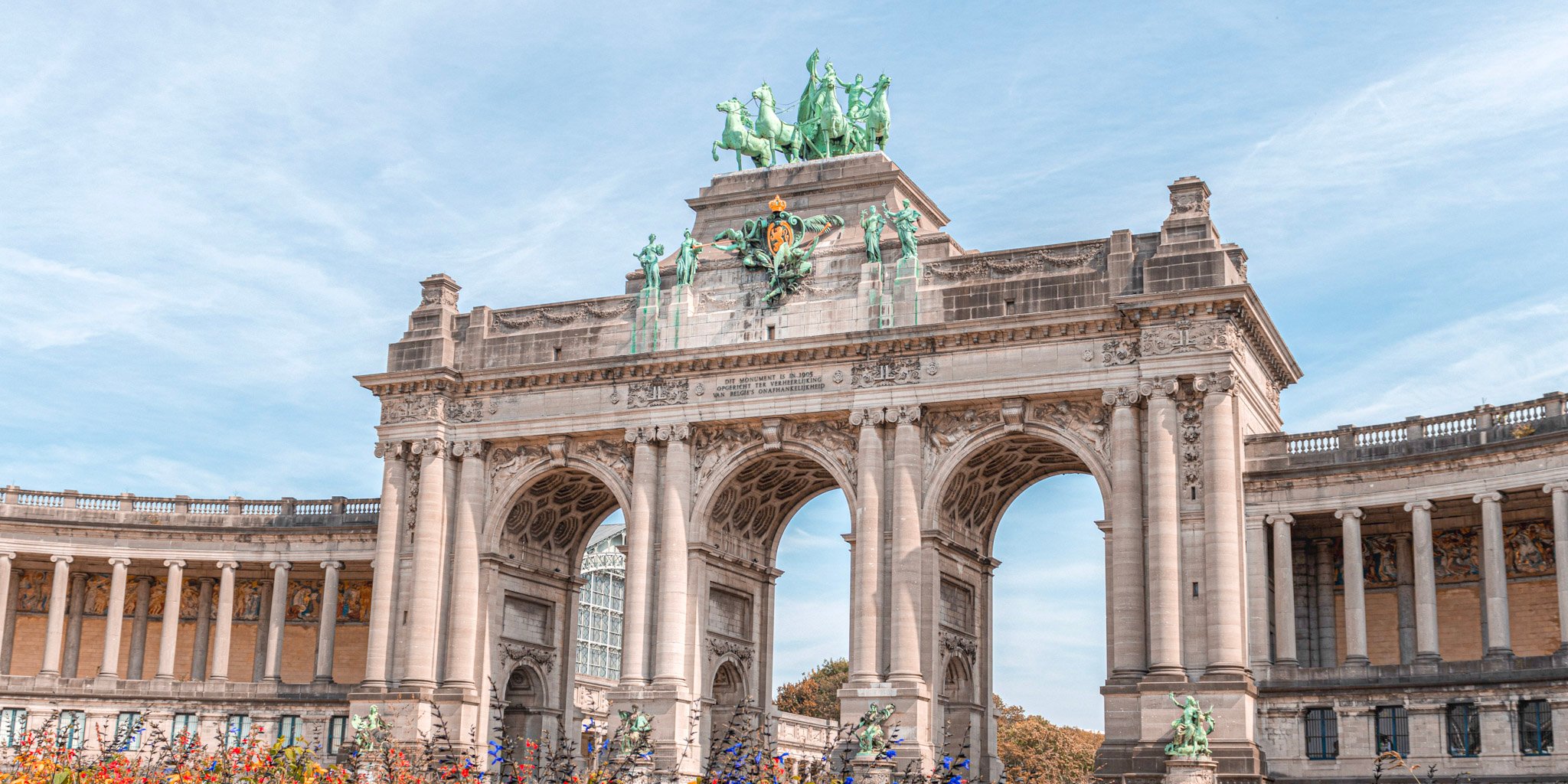
Fun Facts
- Brussels South Charleroi Airport is the most punctual airport in Europe.
- Belgium has three official languages: Dutch, French, and German. Contrary to what many people believe, Flemish is not a language. It's a dialect cluster or simply the way people from the Northern part of Belgium – Flanders – speak Dutch.
- Belgium has the lowest salary gap between men and women in the EU.
- The world's first beer academy opened in Herk-de-Stad, in the province of Limburg, in 1999.
- The world’s first recorded lottery took place in Belgium. It was held to raise money for the poor.
- The capital of Brussels is home both to NATO and the European Union.
Tipping
Tipping Suggestions: Tipping is not very common in Belgium, and is always at your discretion. It’s a nice way to show your appreciation for good service, and each culture has different etiquette around when to tip—and how much. Be prepared by carrying some cash in the local currency.
| Guides | USD $7-10 per person/per day | |
| Drivers | USD $3-4 per person/per day | |
| Restaurants | Ask your Guide if you have any questions about how much to tip at a restaurant, in a bar, or in a taxi while you’re out exploring. |
FAQ
Where can I find information on travel safety? Check out the US Department of State's website for the most up-to-date information on safety while traveling. To minimize the risk of pickpocketing it is recommended to be discreet: don’t flash anything of value, keep a firm hand on your camera, and carry shoulder bags slung across your body. Overall it’s a good idea to avoid badly lit areas completely at night and deserted inner-city areas by day.
Is the water safe to drink? Despite the fact that many Europeans drink bottled water, tap water in Belgium is quite safe to drink. Drinking tap water is all that is required, and there is no need to buy bottled water.
Do I need a Visa? For Visa information, click here. Make sure your passport is valid for at least six months after you return home and has two or more blank pages. Otherwise, some countries may not let you enter.
What about vaccines? For vaccination information, click here.
Do you recommend travel insurance? While not required, we highly recommend all travelers get travel insurance for their trip to protect themselves from the unknown! Check out travel insurance options from our partner, worldnomads.com, or from a provider of your choice.
How much should I pack? As we will be using shared transfers and spaces throughout our tour we recommend all travelers pack as lightly as possible. Please review our luggage restrictions below.
What does public transportation look like? The Belgium public transport network is quite extensive, making it easy to travel through Belgium on train, tram or bus.
Is Uber or Lyft available? Yes, both are common in larger cities throughout the country.
What about Wifi? 4G is readily available and 5G is becoming more common.
Luggage Restrictions
.jpg)
